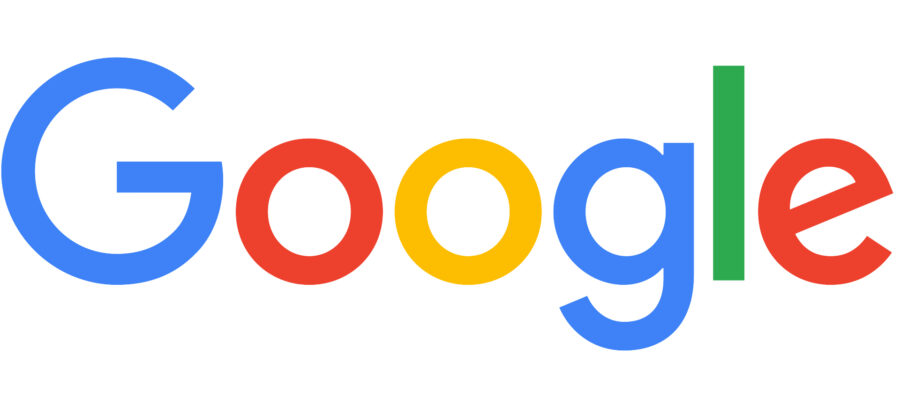Google To Make Your Tracking Data Public In The Name Of Pandemic Protection
Google plans to publicly release this data by publishing a series of “Community Mobility Reports” which will show just where people are going.
This article is more than 2 years old

Forget big brother. How about little brother or little sister, the tattletale? Depending on what side of the fence one falls, the recent blog post from tech giant Google is bound to raise hackles across the globe, even if it is wrapped in COVID-19 concern. In what should not be a surprise, Google collects data on how people move about. But now, with the coronavirus in full effect, Google plans to publicly release this data by publishing a series of “Community Mobility Reports” which will show just where people are going during the pandemic, covering 131 countries and regions.
In response to the COVID-19 virus, Google said in their blog post that they hope the tracking of movement trends by geography and time can help shape and inform various governments’ and public health officials’ to better fight the virus. The report itself is intended to find trends in how people behave and respond to social distancing.
It is broken down first by country and then by region. The data shows when people are headed out to the grocery store, pharmacies, parks, work…pretty much whenever you leave your home. It will also show just how busy these places were before the pandemic supposedly sent us home.
Google dressed up their decision to go public with this data in the blog post, “In addition to other resources public health officials might have, we hope these reports will help support decisions about how to manage the COVID-19 pandemic,” Google said in a blog post. “This information could help officials understand changes in essential trips that can shape recommendations on business hours or inform delivery service offerings.”
Of course, the main bone of contention with all this is privacy. Even though Google stated that they would not release any information that could identify users by individual location or contacts, that might not be enough to ease people’s concerns.
Mark Skilton, director of the Artificial Intelligence Innovation Network at Warwick Business School in the UK, says Google’s decision “raises a key conflict between the need for mass surveillance to effectively combat the spread of coronavirus and the issues of confidentiality, privacy, and consent concerning any data obtained.” But then he countered with, “Covid-19 is an emergency on such a huge scale that, if anonymity is managed appropriately, internet giants and social media platforms could play a responsible part in helping to build collective crowd intelligence for social good, rather than profit.”
So, which side of the fence do you fall? Is this for the greater good? And just so you know, Google won’t be the only one supplying this data. Facebook has also confirmed that they are working on something similar.











